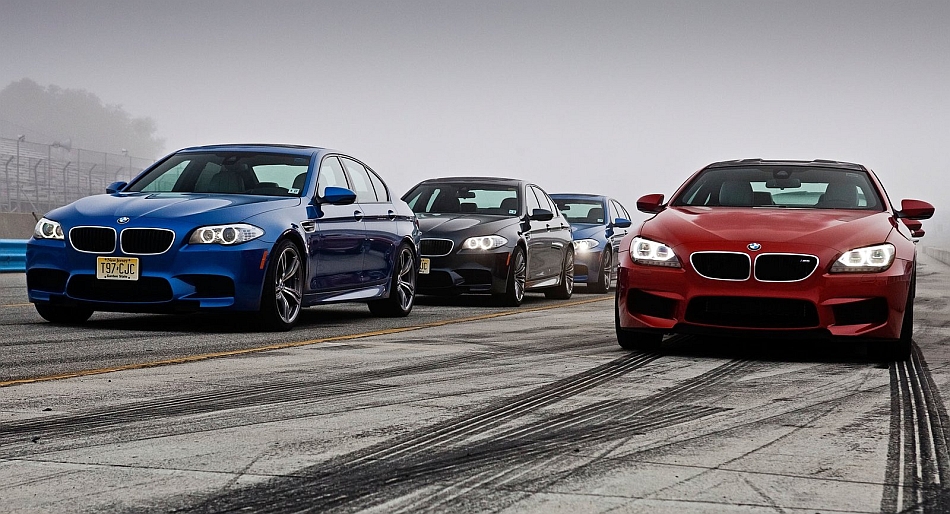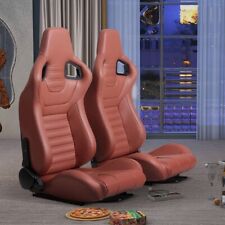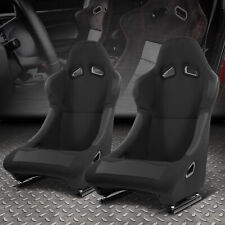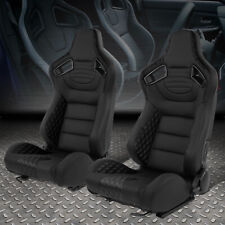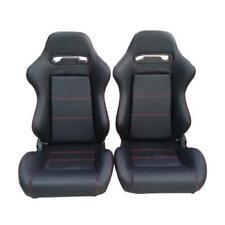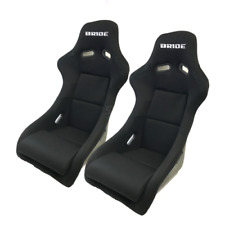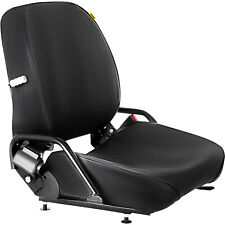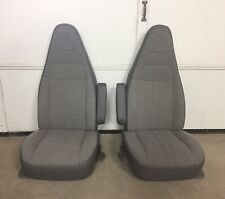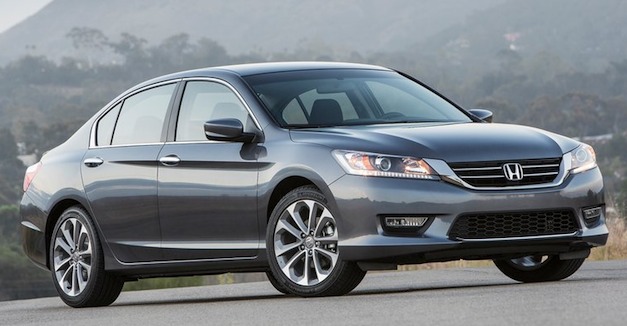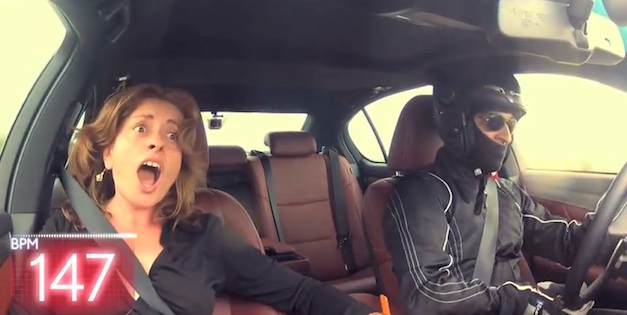Report: BMW’s M Division says they’re sticking with rear-wheel drive and manual transmissions
While many luxury brands have announced that they’re strongly considering all-wheel drive variants of some of their high performance vehicle line ups to better compete against the likes of Audi and to fulfill demand (such as Mercedes-Benz offering 4MATIC all-wheel drive for the E63 and CLS63 AMG in left-hand drive markets), BMW have reportedly said that they’ll be sticking to rear-wheel drive for the BMW M models.
[slider id=97339]
[slider id=117899]
Check out the Top 10 things you need to know about the 2013 BMW M5.
BMW M’s global head, Friedrich Nitschke spoke to AutoCarUK on the matter last month at the 2013 Detroit Auto Show.
“Our philosophy in regards to steering feel and precision is that rear-wheel drive is the best solution,” Nitschke told AutoCarUK. “xDrive brings an 80-90kg weight penalty and the M differential is the industry’s best rear-drive set-up.”
Click here for more news about the BMW M5.
Nitschke was also quoted for saying some alleviating words to those who’ve been fearful of BMW M axing their manual transmission. This notion came after early reports suggested that BMW would be axing the manual cog swapper for the next generation BMW M5 and M6—the generation after the current existing models.
“From a production aspect, it would be much better to only offer the dual-clutch gearbox,” said Nitschke. “But as long as there is demand, we’ll offer the manual.”
Nitschke also commented on some criticism expressed by BMW purists, specifically regarding the current M5 and M6’s changeover to forced-induced engines and promised that “it’s not a change in philosophy, it’s a change in technology. Turbocharging is better for fuel savings and CO2.”
And if anyone were postulating the idea of an M version of BMW’s latest 3-Series GT, Nitschke confirmed that it is currently not on the table for consideration.
“At the moment, we have an M3 coupé, saloon, and convertible,” Nitschke concluded. “We do not see additional variants at the moment. But it depends on market requirements.”
– By: Chris Chin
Source: AutoCarUK

